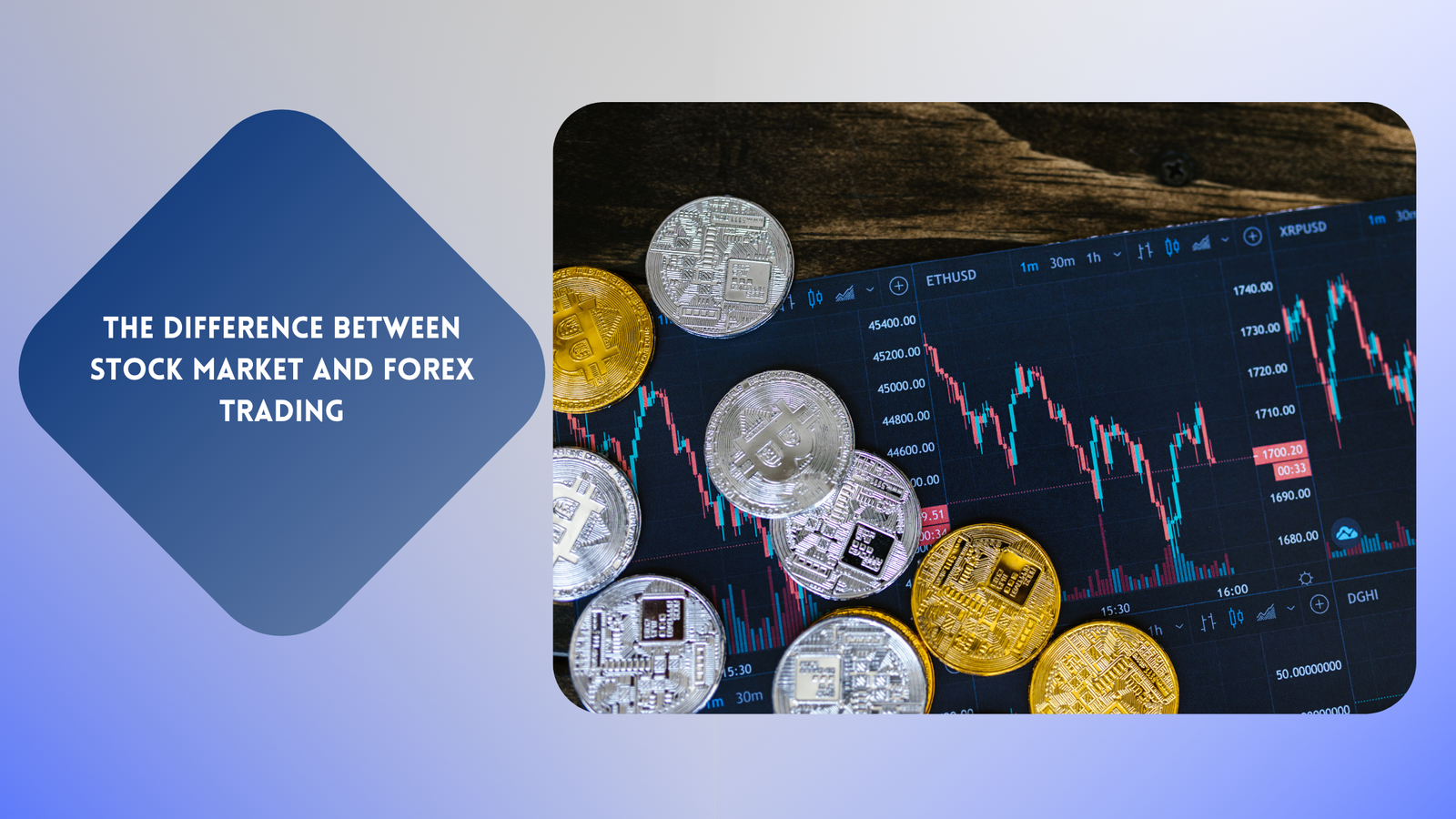
The Difference Between Stock Market and Forex Trading
With investment, it is good to find Difference Between Stock Market and Forex, especially for people venturing into these financial markets. They have different opportunities but in different ways. The stock market allows investment in the equity shares of companies, whereby the chances tend to be long-term, thus many people invest in blue-chip stocks. The foreign exchange market, by contrast, is one of trading in currency pairs, and one would prefer it for extracting short-run profit based on price movements. Indeed, the 24-hours-a-day, 5-days-a-week schedule of forex trading stands out and offers high liquidity and scope for action whenever a global event occurs.
In this article, we have discussed the key differences in trading hours, market size, liquidity, and price movements accompanying forex trading versus stock trading. Whatever your interest may be in the fast-paced high-volume activity of the forex market or the steady long-term growth of the stock market, you must know these differences for good trade decisions.
Table of Contents
ToggleThe Main Difference Between in Stock Market Trading and Forex Trading
Here’s the comparison between Stock Market Trading and Forex Trading in a table:
Aspect | Stock Market Trading | Forex Trading |
Market Focus | Buying and selling shares of companies (e.g., Apple, Tesla) | Trading currency pairs (e.g., USD/EUR, GBP/USD) |
Ownership | Ownership in companies through shares | No ownership; speculation on the price movements of currencies |
Trading Hours | Limited to exchange hours (e.g., 9:30 AM to 4 PM EST) | Open 24 hours a day, 5 days a week due to global markets |
Leverage | Typically lower leverage (2:1 or 4:1) | High leverage (up to 50:1 or more in some cases) |
Liquidity | Varies by stock; large-cap stocks have higher liquidity | Extremely high liquidity, especially for major currency pairs |
Volatility | Volatility varies by individual stocks | High volatility influenced by global events and news |
Transaction Costs | May include commissions, spreads, and fees | Lower transaction costs (mainly spreads) |
Market Influences | Company performance, industry trends, economic factors | Global economic indicators, geopolitical events, interest rates |
Risk Level | Lower risk due to less leverage and market regulations | Higher risk due to high leverage and rapid price movements |
Regulation | Heavily regulated by government bodies (e.g., SEC) | Less regulated, with differences across countries |
Investment Horizon | Can be short-term or long-term based on strategy | Primarily short-term, with frequent day and swing trading |
Trading Complexity | Simpler, focusing on company fundamentals | More complex, requiring knowledge of global economics |
Dividends | Potential to earn dividends from stocks | No dividends; profit comes solely from price movement |
Key Features of Forex Trading
The Forex market is the most dynamic and accessible to investors today. The main difference in Forex trading from all the other forms of stock markets is that in the former, the transaction is made in stocks or blue-chip companies while in Forex, they trade in currency pairs like EUR/USD or GBP/JPY. Here are some of the basic characteristics of Forex trading compared to stock trading:
High Liquidity
The reason it can respond so quickly to changes without significantly affecting the prices is that forex has extreme liquidity. One simply cannot compare this with the stock market, which could face enormous liquidity problems based on specific stocks or broader market conditions.
Price Fluctuations and Exchange Rates
Forex trading is primarily based on the differences in price value between currencies. It is highly susceptible to changes in exchange rates, economic data, and worldwide events. The notion of stock trade is based on the changes in performance. Their factors, however, are macroeconomic and geopolitical, which is perfectly suitable to the tastes of traders who are interested in short-term movements.
Short-term vs. Long-term Focus
This market often favors the short-term trader looking to benefit from frequently occurring minimal price movement. Stock trading tends to attract more long-term investor who seeks growth through dividends and capital appreciation.
Trading Volume and Trade Size
Such a voluminous scale of massive daily trade volume gives the forex market enormous trade opportunities in unmatched dimensions. Such a voluminous scale allows for flexibility, letting the trader enter positions of various sizes, from small amounts to large-scale trades, without influencing market price advantages over sometimes restricted trade sizes in the stock market.
It can be said that the stock market acts like an epicenter of economic activity because it provides companies with growth, innovation, and expansion capital. At the same time, it provides the means through which individual and institutional investors can amass wealth by buying shares, holding them for long-term gains, or trading them frequently to make capital gains from the prices. Factors like the performance of a company or a whole market and larger economic events influence the prices of stocks.
Pros of Stock Market Trading
Long-Term Growth Potential
Among the many great benefits of trading in the stock market, long-term growth potential presents an opportunity for investors. This is attributed to achieving a reasonable share of blue-chip stocks, which refer to companies with remarkable histories and robust financial status. This equates to perpetual increases and dividends over a very long period of time, whereas most forex traders make money from frequent changes in the market.
Less Volatility Compared to Forex
While volatile price movements and fluctuations in exchange rates often govern the foreign exchange market, the stock market is often much more stable and relatively less volatile, especially when investing in large-cap stable companies. Thus, the number of rapid price shifts that are experienced by the stock trader makes this a safer choice for risk-averse investors.
Ownership in Companies
Investing in stocks gives the feeling of ownership. Unlike in the forex market, where they trade currencies, stocks mean buying a small part of a company sometimes with voting rights and dividend payments. This is a highly concrete investment value.
Variety of investment
Thus, this is one of the advantages of the stock market where investors diversify into numerous sectors and industries, spreading their risk and enjoying diversified investments. While in the forex market, a currency pair is all that awaits an investor, in the stock market, an investor can look forward to investment possibilities ranging from technology companies to healthcare firms, hence the scope for more balanced investments.
The Main difference lies in How Foreign Currency Trading Contrasts with Common Stock Trading.
Foreign exchange trading-which is otherwise referred to by the equivalent term forex trading-is one investment approach, and common stock trading is another. They both buy and sell assets, but operate in fundamentally different markets with different dynamics.
How is Foreign Currency Trading different from Common Stock Trading?
Aspect | Foreign Currency Trading (Forex) | Common Stock Trading |
Market Focus | Trading involves currency pairs (e.g., USD/EUR) | Trading involves shares of companies (e.g., Apple, Tesla) |
Trading Hours | Open 24 hours, 5 days a week (due to global time zones) | Follows the stock exchange hours (typically 9 AM to 4 PM) |
Leverage | High leverage (up to 50:1 or more in some markets) | Lower leverage (often 2:1 in margin accounts) |
Liquidity | Extremely high liquidity, especially for major currency pairs | Liquidity depends on the stock; some stocks can be less liquid |
Volatility | High volatility, especially due to economic events and news | Volatility varies; individual stocks can be stable or volatile |
Transaction Costs | Lower costs (spreads) but varies based on currency pairs | Transaction fees include commissions and spreads |
Ownership | No ownership, just speculation on price movement of currencies | Buying stock means owning a part of the company |
Market Influences | Affected by global factors like interest rates, inflation, geopolitics | Influenced by company performance, industry trends, and market sentiment |
Regulation | Forex is less regulated, and brokers may vary by country | Heavily regulated by financial authorities and stock exchanges |
Investment Horizon | Typically short-term, focusing on day trading or swing trading | Can be long-term or short-term, depending on the investor’s strategy |
Trading Complexity | More complex, requiring an understanding of global economics and currency correlations | Generally simpler, focusing on company fundamentals and market trends |
Risk Level | Higher risk due to leverage and fast price changes | The risk depends on the stock and market conditions but is generally lower than Forex with less leverage involved |
There are various methods of investment; foreign currency trading also referred to as forex trading and common stock trading. Each gives different opportunities besides presenting different challenges.
to one another because both involve the buying and selling of assets, but they operate in essentially different markets, and their dynamics are therefore very different. Comparing the Forex market and the stock market is a must for an investor choosing between these two investment styles.
Contrastingly, the trading of stocks is usually subject to hours usually during the time that the respective exchanges work, like NYSE or NASDAQ. Therefore, limited hours of trade imply that a trader would have to wait until the opening of the market to make the trade, and thus, he/ she might miss some opportunities due to after-hours news.
2. Market Focus and Assets
Forex trading indeed thrives in the buying and selling of currency pairs like EUR/USD or GBP/JPY, transactions that are made depending on those fluctuating exchange rates caused by a variety of economic influences like interest rates and geopolitical event occurrences.
Stock trading involves buying shares of stocks in individual companies. Profit through the rise and fall of stock prices is the target of investors in the stock market, against the background of the company’s performance, earnings, and market sentiment.
3. Liquidity and Trade Volume
The market hosts an enormous trade volume, and at the same time, the foreign exchange market allows traders to do their entries and exits quickly without significantly impacting the price since over $6 trillion are traded daily. Liquidity is much higher in the market.
The stock market can also provide liquidity, but in very different degrees according to the size of the company and the activities of trading in the stocks at issue. Smaller or lesser-known stocks typically experience lower liquidity, making trades more difficult to complete at desired prices.
Conclusion
In as much as comparing the trading of the foreign exchange with the stock, each of them offers their advantage, depending on the goals and the strategies of the investor. The forex market is operational 24/5, whereby it operates throughout the weekdays non-stop, thereby allowing the traders in this currency a continuous chance to trade currency pairs around the world and across all their time zones because of the liquidity of this market and its fast price changes. This market is ideal for short-term traders in the global economy.
On the other hand, one would find that the stock market does trading during definite times, merely directing all attention to a buy and sell of shares of stocks in respective companies. Although it cannot be as flexible, day round and night round like the forex, still stability is assured, especially where blue-chip companies are concerned about long-term growth. Each market has its dynamics, varying from the foreign exchange that focuses on the rates of exchange to the buying and selling of the companies and their products. This requires a clear understanding of your trading style, risk tolerance, and whether you like a rapid-fire trading environment or more measured investments.
FAQs for The Difference Between Stock Market and Forex Trading
Q1Forex Trading Volume
You can make money trading if the market is going up. And you can still even profit in a market that trades down. But you are going to have a very hard time trying to make money when the market isn’t even moving at all.
Q2The best time to trade in forex is:
There is always at least one session open during the weekdays, although there are also times when everything is stony quiet and trading is inactive or “thin.”
In general, you would like to avoid trading sessions with only one open and wait for several to overlap instead.

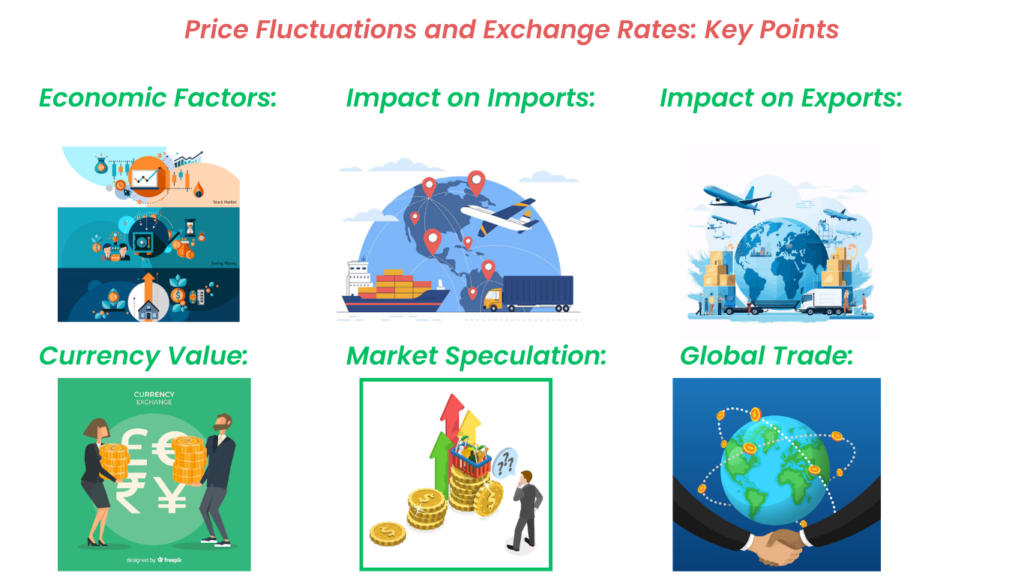

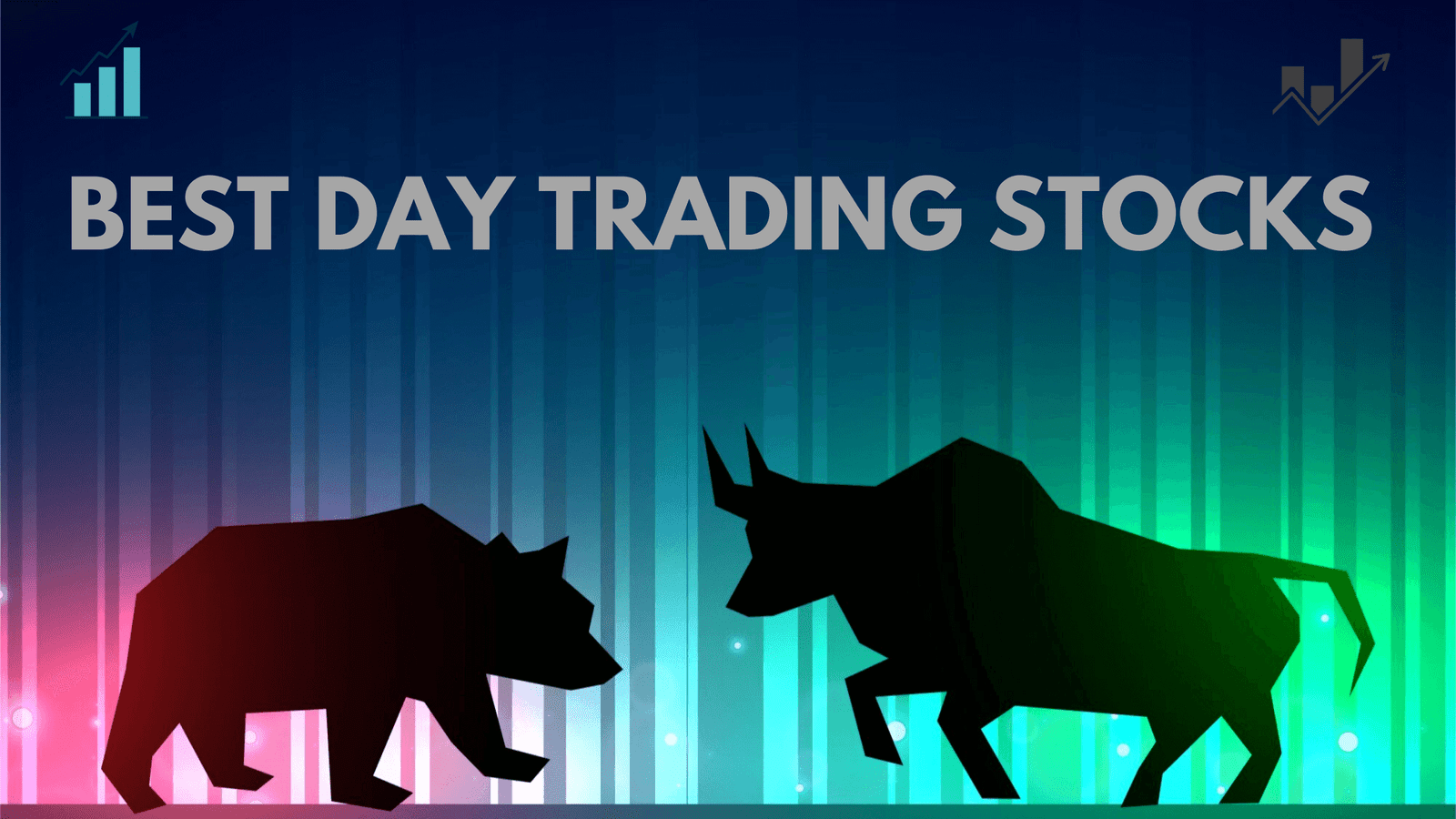
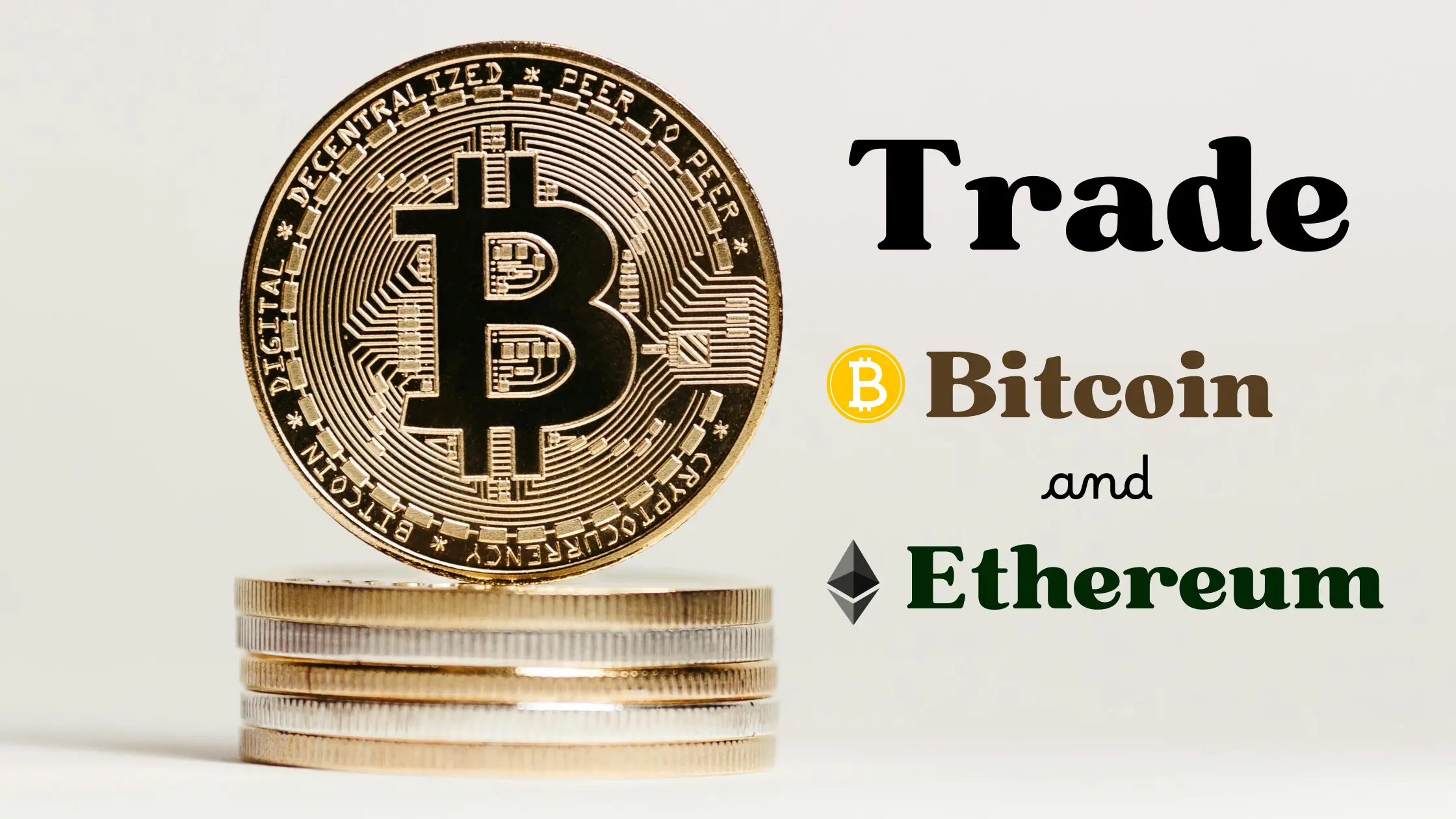
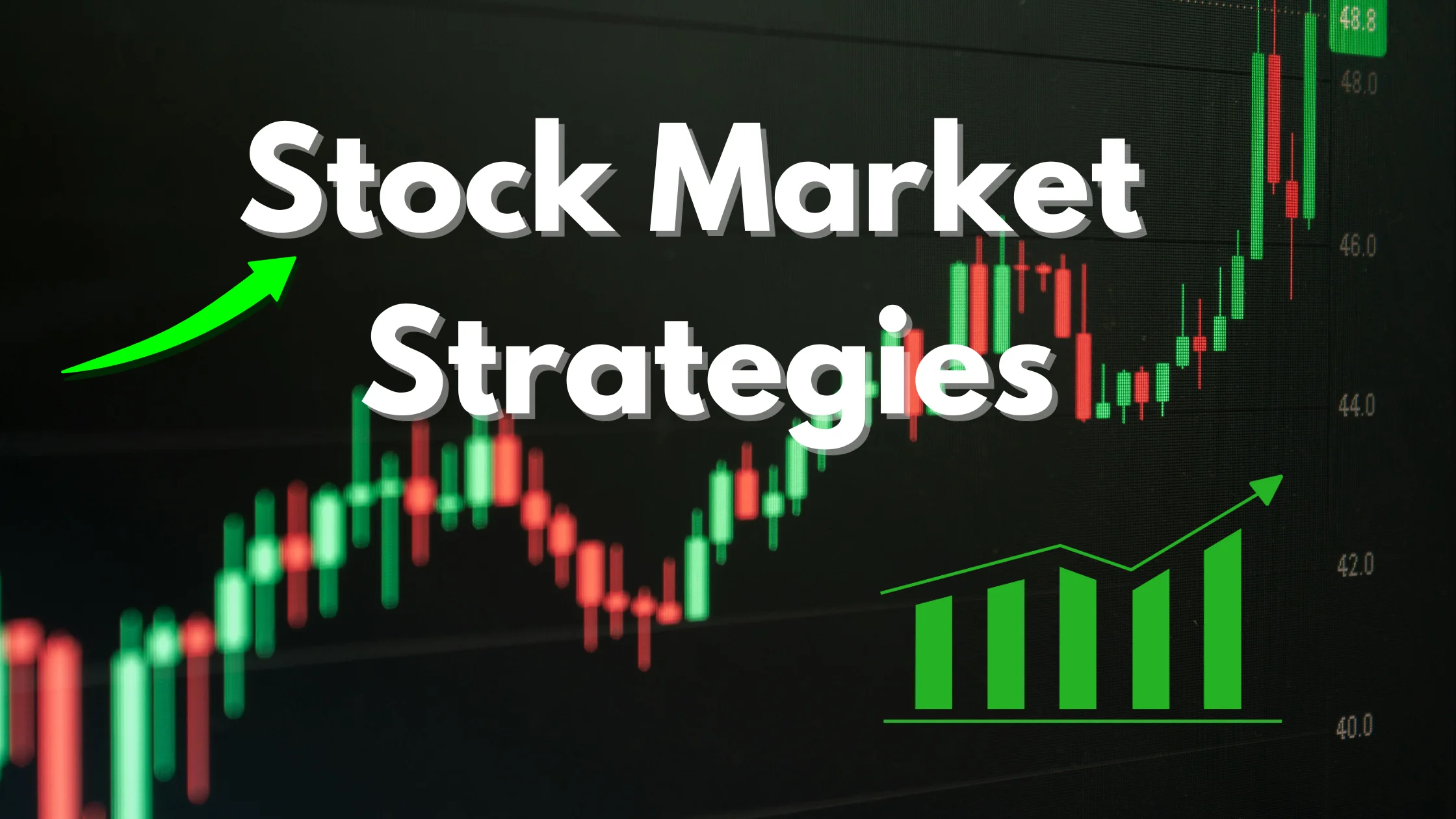
Post Comment